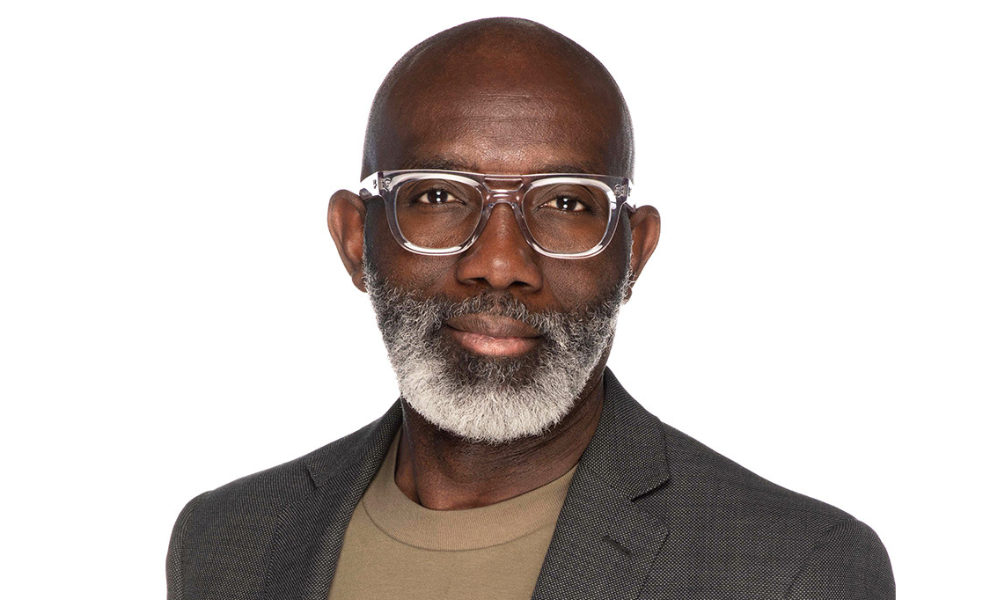New report reveals gaps in how advisors work with next-gen HNWIs

Canada saw an increase in its millionaire population in 2024 but is the wealth management industry ready for the needs of often-younger high-net-worth individuals?
There was a 2.4% increase in the number of millionaires or 11,000, while the overall Canadian millionaire cohort saw their wealth rise 5% aided by an 18% increase in the S&P/TSX Composite Index, its highest yearly increase since 2021.
The stats, from the newly released World Wealth Report 2025 from Capgemini Research Institute also reveals that the US added 562,000 new millionaires, while North America overall saw an 8.9% increase in wealth and a 7.3% rise in population, compared to 7.2% and 7.1% increases respectively in 2023.
Globally, macroeconomic issues weighed on many regions with Europe, Latin America and the Middle East showing declines in their HNWI populations, and while Asia-Pacific’s HNWI population increased 2.7% there were variations across the region with India and Japan both gaining 5.6% while China lost 1%.
The report highlights some challenges for wealth management firms, especially regarding the transfer of around US$84 trillion in wealth that is creating next-gen HNWIs. Around eight in ten of respondents from this cohort said they are likely to transfer away from their parents’ wealth management firms within 1-2 years of inheritance.
Almost two thirds of Canadian HNWIs say they expect to receive an inheritance within the next 10 years but 40% of Canadian wealth management executives who took part in the study say their firms struggle to navigate the wealth transfer because they don’t understand beneficiaries’ needs.
The report shows the different investment behaviours of next-gen HNWIs compared to their parents with digital tools, alternative assets, and niche product offerings all deemed important. For example, 64% of this cohort prefer private equity to diversify their investment portfolios.
With advisors perhaps feeling that their firms are not geared up for the large and wealthy young generations, half indicate plans to likely switch and join a competitor firm in the next 12 months.
Kartik Ramakrishnan, CEO of Capgemini’s Financial Services Strategic Business Unit and Group Executive Board Member said that the next-generation of high-net-worth individuals arrive with vastly different expectations to their parents.
“This necessitates an urgent shift away from traditional strategies to effectively cater to their evolving needs on this wealth journey,” he said. “Firms must also prepare to equip advisors with the digital capabilities, potentially augmented with agentic or generative AI, to mitigate the risk of losing both clients and key employees.”
Capgemini’s report suggests several things that wealth management firms should do to engage with next-gen HNWIs:
- Private equity and cryptocurrencies: 88% of advisors observe a greater interest in alternative assets amongst this group of investors over baby boomers
- New offshore booking centers: 50% of advisors indicate their lack of capabilities in emerging wealth hubs – Singapore, Hong Kong, UAE and Saudi Arabia – will drive these clients to alternate firms, as they seek diversification, better returns and a favorable regulatory environment
- Tailored services: concierge services such as luxury travel, medical care, and safeguarding against cyber threats, rank as the top non-financial value-added service most sought after
- Digital interactions: advisors rank a digital platform providing a holistic client view and actionable insights as the most important capability to effectively serve next-gen HNWIs, followed by intelligent automation of operational tasks like meeting summaries and emails
Currently one-in-three advisors express dissatisfaction with their firms’ lack of digital capabilities, negatively impacting their productivity, and creating a technological divide and with 62% of next-gen HNWIs saying they would follow their advisor if they moved to a different firm, this directly impacts retention, as advisors struggle to engage these digital-native clients.



